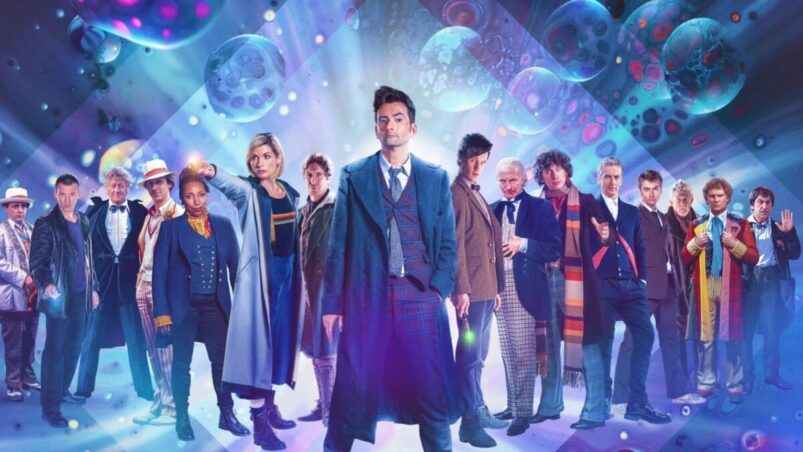Doctor Who celebrated its 60th anniversary this week, and the BBC have been going all out in promoting the show for its Diamond Jubilee. As well as three new episodes starring David Tennant in his return to the role, the BBC have also made all previous episodes which they retain the rights to freely available on the catchup service BBC iPlayer, going all the way back to 1963.
After so long on air, the show has explored a range of different styles and formats in its time. Starting out with a broadly educational remit, the show went on to successfully tap into wider science fiction and horror hallmarks to become one of the longest running programs on British television. After a 16 year cancellation, it was revived with a whole new format which reflected the style and tone of more modern shows, such as Buffy the Vampire Slayer, and since then has had a number of different showrunners, each of them fans themselves, with their own distinctive takes on the property.
As such, the show has had many ups and downs over the years, with huge gulfs both in style and quality. With this in mind, we rank some of the best episodes that the franchise has produced over this time, taking a look at some of the most memorable stories it has had to offer.
10. Genesis of the Daleks
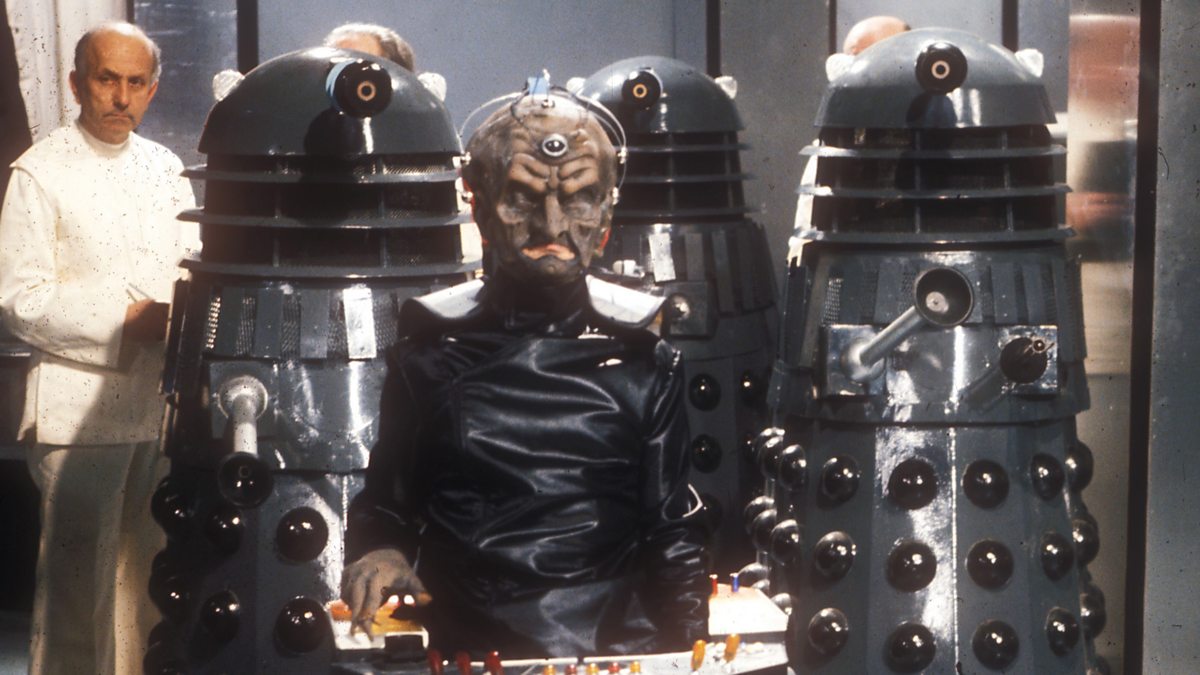
Perhaps the single most well known story in the show’s history, this 1975 serial has achieved iconic status for good reason. Not only does this serial reveal the origins of the Doctor’s most notorious foes, set against the backdrop of an endless, brutal war between fascist powers, but the introduction of their creator, Davros, makes for an equally compelling new antagonist. Tom Baker is himself instantly magnetic here in his first season as the Doctor, with an unhinged, madcap energy and intensity that seems utterly alien.
9. Utopia
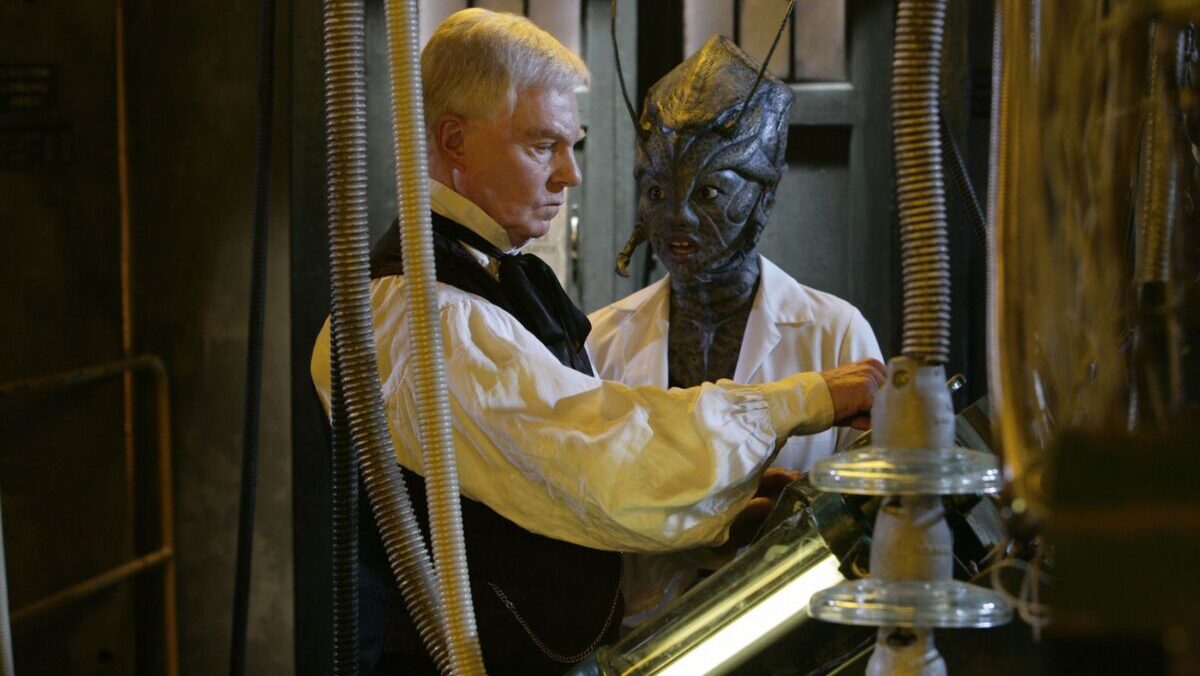
This is an episode which, on the face of it, seems at first like a rather run of the mill entry. Coming just before the series finale, it sees the Doctor and his companions transported to the end of the universe, where the last of the humans are being menaced by some generic seeming, pointy-toothed aliens. But while it may not work especially well if seen without any context, for those viewers had been watching for three seasons up till this point, it’s perhaps one of the best episodes out there for how writer Russell T Davies developed the lore and the character arcs which he’d built up over time, something which made his era a standout for the show.
The casting here is really strong, with an excellent guest turn from Derek Jacobi as Professor Yana. David Tennant’s Tenth Doctor is at his very best here, being at turns brilliant and full of zest, and then, in his interactions with returning companion Jack, both as open and as human as we’ve ever seen him, yet also coldly arrogant. And then there’s the twist at the end which remains one of the best executed reveals the show has ever pulled off, losing little of its impact even when you know what’s coming.
8. World Enough And Time/The Doctor Falls
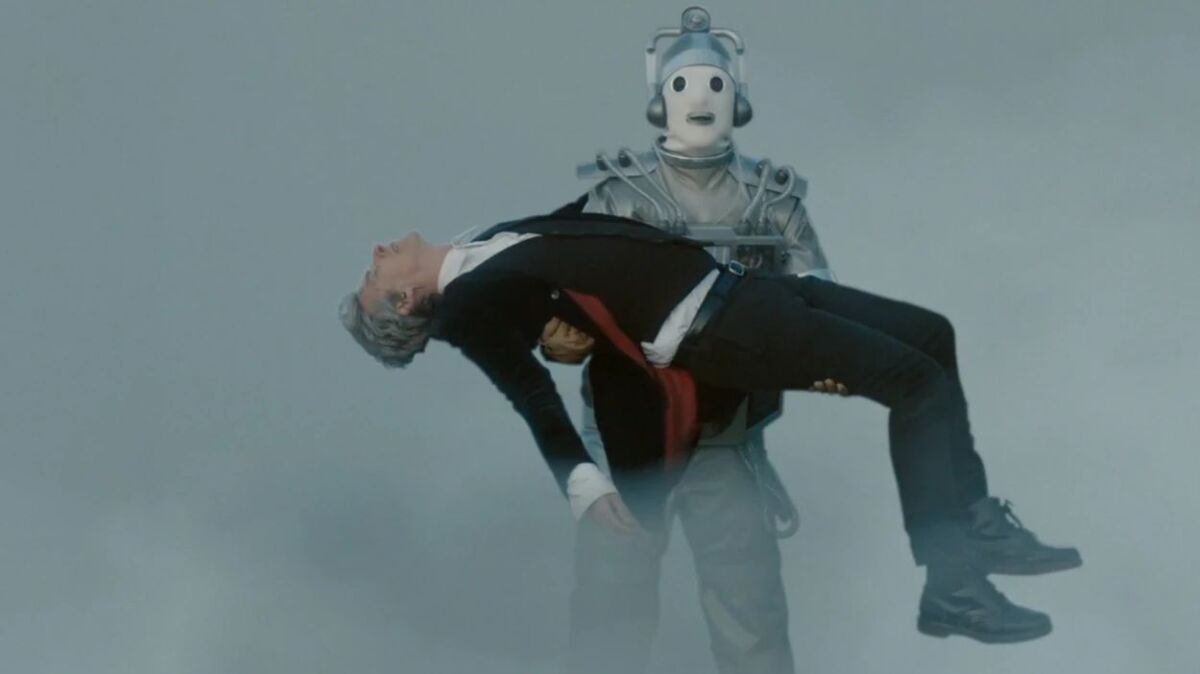
It’s in the format of the show that it will likely never actually get a proper ending,instead just going on and on with a fresh cast. This two parter from 2017 however, which was, one Christmas special aside, the end for Peter Capaldi’s Doctor, feels like as fitting a send off as the show could aim for.
The setting, a vast spaceship in which time moves at multiple different speeds, is a brilliant one, and the first episode, which depicts the origins of iconic enemies the Cybermen amidst a choking, dying world is a haunting one, with some moments that are truly dark, from the zombified remains of experimented upon patients, to the grim fate for companion Bill, played by Pearl Mackie. Meanwhile, the second part gives a genuinely bittersweet send off both to Capaldi’s Doctor and to Bill, as they fight against the odds despite knowing it likely means the end.
7. Dalek
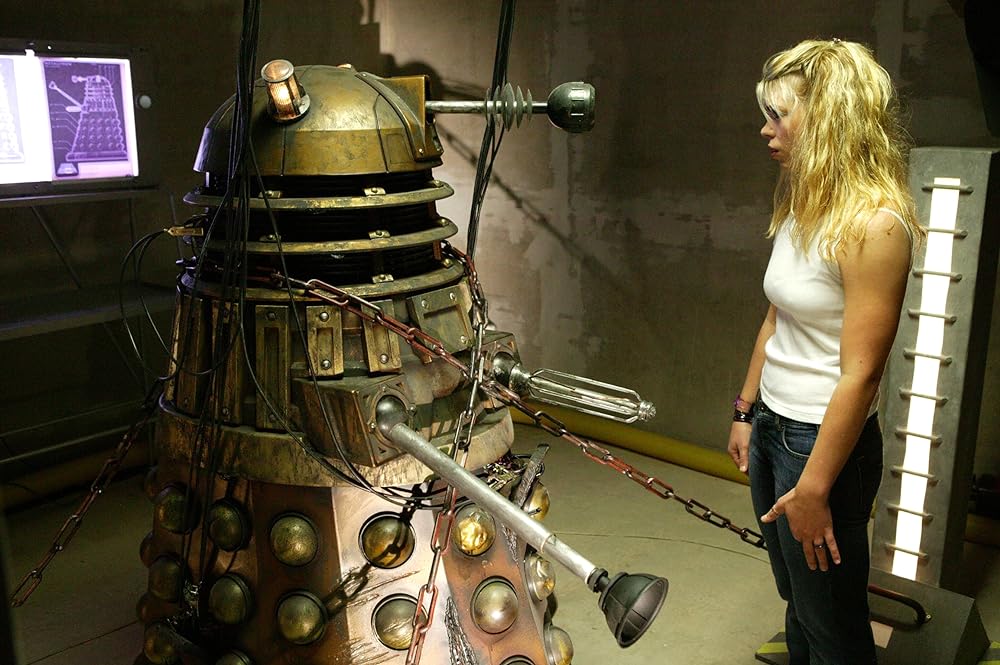
Perhaps nothing summed up the joke that was Doctor Who during its cancellation as much as the Daleks. The show’s most iconic villains, they were best known by the general public for not being able to get up stairs, for wobbling about the place, and for having what appeared to be a sink plunger for an arm. It was inevitable that they’d be expected to return when the show came back, and the episode in question does a brilliant job of bringing a real sense of danger and meaning to the old pepper pots.
Written by Rob Shearman, the episode serves as a loose remake of his previous audio adventure Jubilee, in which a lone Dalek is imprisoned by humans just as evil and sadistic as it is. As such, the episode highlights how much of a threat even one of these creatures could pose, as well as reminding viewers that they are not simply robots, but rather living, thinking creatures. Dalek serves as a brilliant showcase for these old foes, but also for the new Doctor, played by Christopher Eccleston, who is written to be far more real and grounded, with a deep sense of trauma over his past, and a visceral hatred for his oldest enemies. While working neatly enough on its own, it also serves as the perfect set up for the season finale, in which, in his swansong, this same incarnation of the Doctor finds themselves facing millions of Daleks, but ultimately makes a very different choice, in what is still one of the most well defined character arcs for incarnation of the character to date.
6. The Waters of Mars
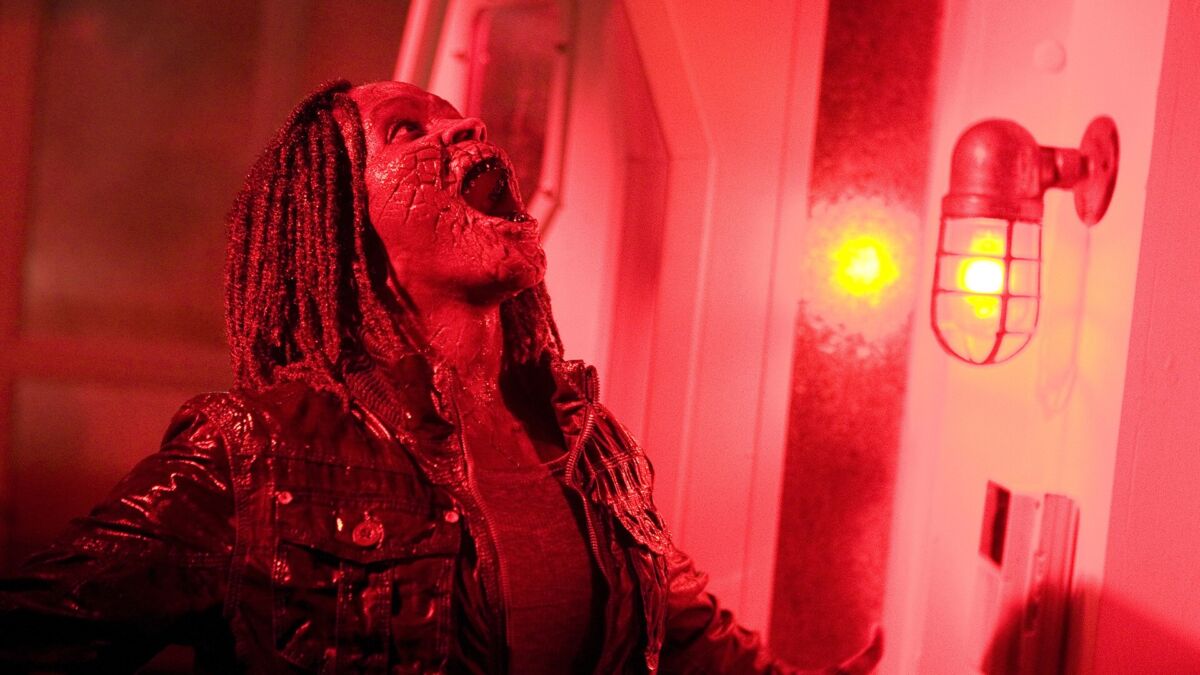
Coming immediately prior to the departure of David Tennant’s Doctor, this special, airing in November 2009, sees the character pushed to their limits. Landing on Mars’s doomed Bowie Base One, the Doctor finds themselves confronted with an unknown alien infection that’s being carried through the water, but due to his fear of changing history, is unable to help.
From the creepy, zombie-like effects for the infected crew members, to the heartbreaking scenes in which the Doctor has to walk away from the sounds of each crew member being picked off, these are some of the darkest moments in the whole show’s run. But the best thing by far about this episode is Tennant’s performance, as he goes from helplessness and despair, to pure, unbridled arrogance during the episode’s heartstopping climax.
5. The Girl in the Fireplace
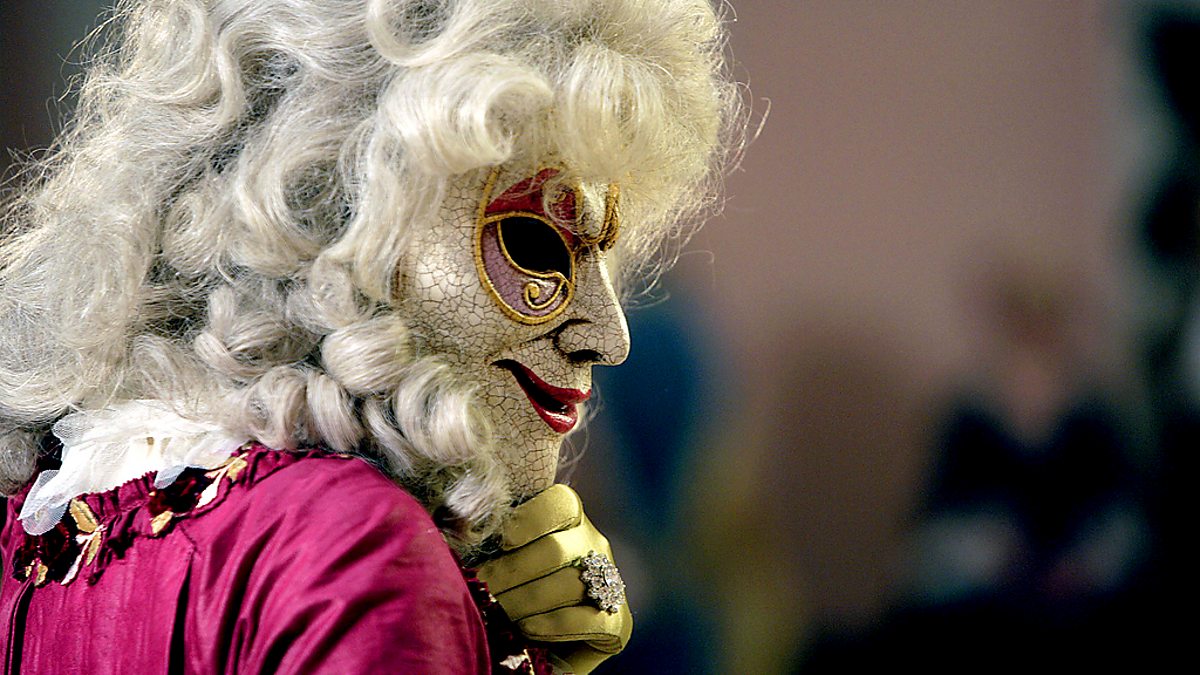
Penned by Steven Moffat, who would go on to run the show from 2010 to 2017, this 2006 episode strikes a quasi-fairytale atmosphere that would set the tone for much that came after.
The first true romance given to the show’s central character, the concept of someone stepping into another’s life at numerous different points, a la The Time Traveller’s Wife, is one that Moffat would frequently tackle in years to come, but it’s rarely dealt with as effectively as it is here, through its concept of time windows connecting the far future to the life of one woman in eighteenth century France. There is much else to love in here besides this, from sinister clockwork men, to a quip-filled script, and a dazzling soundtrack, while the end remains a gut punch even after numerous rewatches.
4. Blink
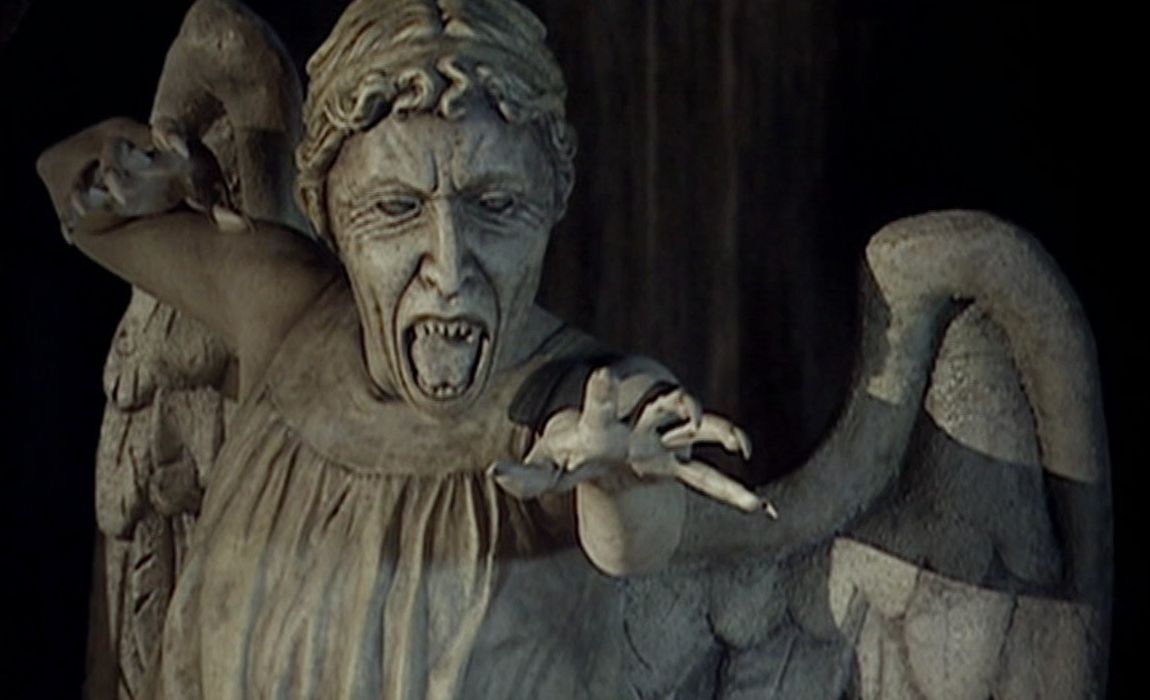
It’s no surprise that this episode has gone down as one of the most popular in the show’s history, winning the Hugo Award for science fiction as well as earmarking writer Steven Moffatt as the natural candidate for showrunner.
The monsters whom it first introduced, the Weeping Angels, are immediately iconic. The core idea behind them, of living statues that only move when unseen, is a brilliant, horror movie concept that is perfectly executed. But besides this simple hook, the episode itself is intricately pieced together, with a tightly written, non-linear plot that slowly comes together over the space of 45 minutes, as one-time guest character Sally Sparrow finds herself becoming embroiled in the Doctor’s world.
3. Heaven Sent
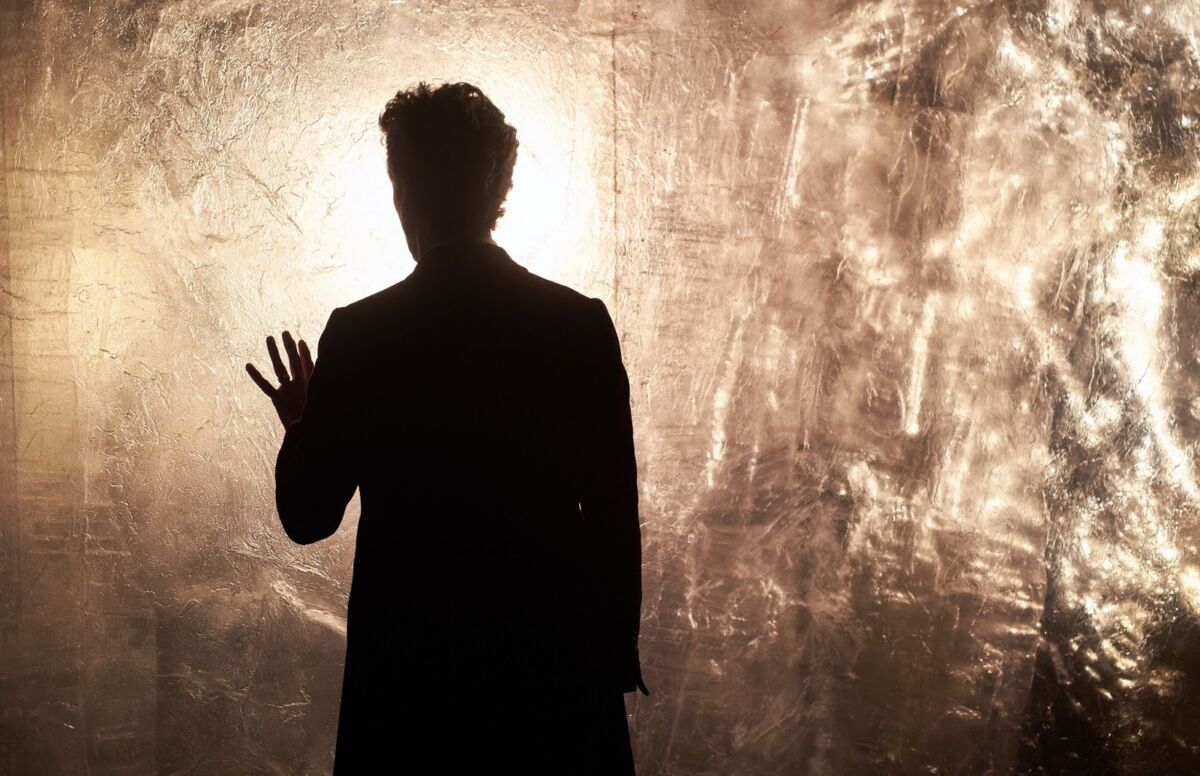
On paper, this episode should not work at all. Having been abducted by an unknown enemy, as well as losing companion Clara, the Doctor finds himself alone, in a deserted castle from which there appears no escape. For almost the whole of the episode’s runtime, we follow a Doctor who is entirely alone, save for an unknown, shadowy creature that slowly stalks him throughout.
The episode consists almost entirely of Capaldi monologuing to himself, and it’s to his credit as an actor that Capaldi is able to pull this off, and to keep viewers engrossed as he unravels the central mystery of what’s going on. The unique structure of this episode immediately sets this episode apart, and the ultimate horrifying revelation of what’s really going on does not disappoint. The direction from Rachel Talalay meanwhile is masterful, particularly in the brilliantly edited closing montage, while the haunting, powerful soundtrack from Murray Gold is one of the best he’s produced for the show.
2. Midnight
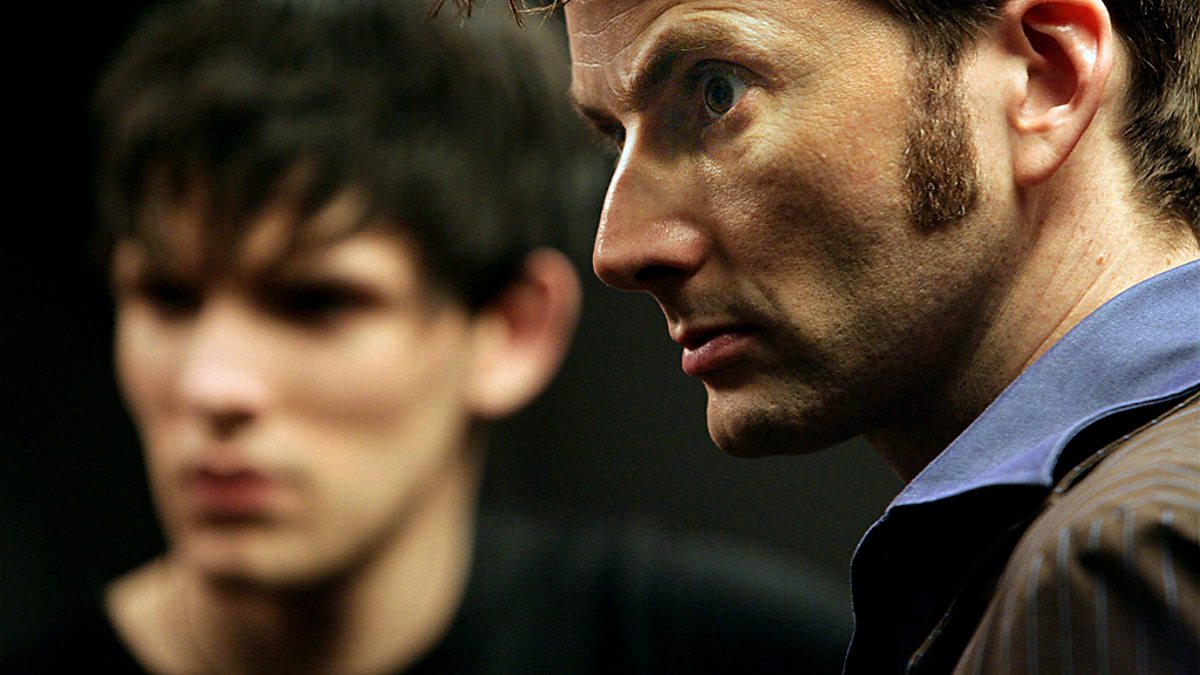
This standalone episode from 2008 is perhaps one of the most unique entries in the show’s history – a tense, claustrophobic piece that eschews virtually all the usual trappings of the show, and which feels like something from straight out of The Twilight Zone. Following just the Doctor, on his own, as he takes a tour with a group of strangers across the empty planet of Midnight, the episode takes place almost entirely within the single room of the tour vehicle.
Before long the vehicle breaks down and is invaded by an unknown presence that proceeds to turn the disparate cast of characters against each other. Far more than any of the usual retinue of monsters appearing throughout the show, the nameless presence that appears in this story is truly unnerving, with a chilling performance from Lindsay Sharpe, while watching the rest of the cast quickly turning on each other is even more nerve-wracking for how it depicts such growing paranoia.
1.Human Nature/Family of Blood
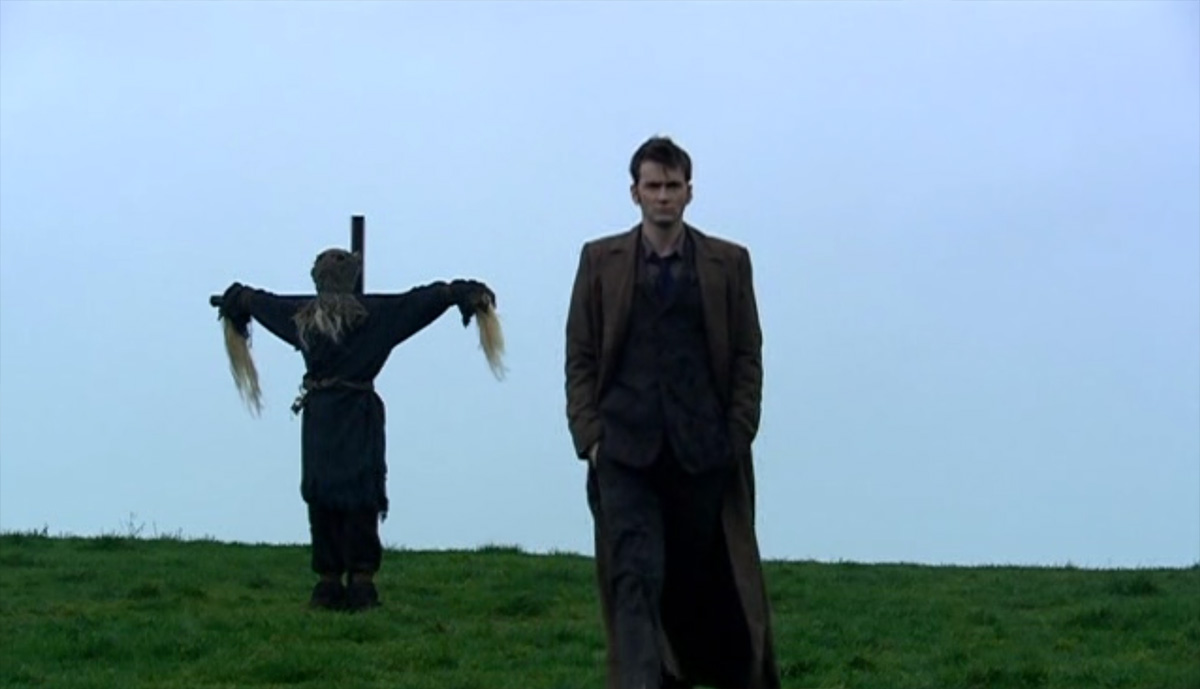
It’s ironic that perhaps the best single story in the show barely features the Doctor himself, though David Tennant remains front and centre throughout, in one of his best performances in the role. On the run from the sadistic Family of Blood, the Doctor has hidden in the guise of a human, living a normal life as schoolteacher ‘John Smith’, in England, 1913. David Tennant gets the chance here to show sides to the character that the show is rarely able to explore – not only falling in love, but also displaying all the desires, failings, and even the prejudices of any ordinary man born and raised in this time period. Freema Agyeman also shines as companion Martha, as she is forced to take the lead in the Doctor’s absence, while also facing up to the racism of the time. This is an aspect the episodes handle really well, never appearing too on the nose with it whilst also refusing to shy away from just how commonplace these attitudes were, even among otherwise ‘decent’ people.
The historical setting for this one is as a whole dealt with really well here. Set a year before the First World War, the shadow of that conflict looms over all. The entire cast here are impressive throughout, particularly the different members of the Family, each of whom appear distinctly inhuman in their own unique, unnerving ways. And for as much as the Doctor is absent here, these two episodes really help to push the character in a new, dark direction, with an ending that leaves viewers wondering just how culpable he is for everything that transpires over the course of the story. As well as any other, these two episodes demonstrate how the show has excelled at handling serious themes and moments of horror in a way that remains accessible and entertaining for kids.
READ MORE: Doctor Who Discussions
Some of the coverage you find on Cultured Vultures contains affiliate links, which provide us with small commissions based on purchases made from visiting our site.
